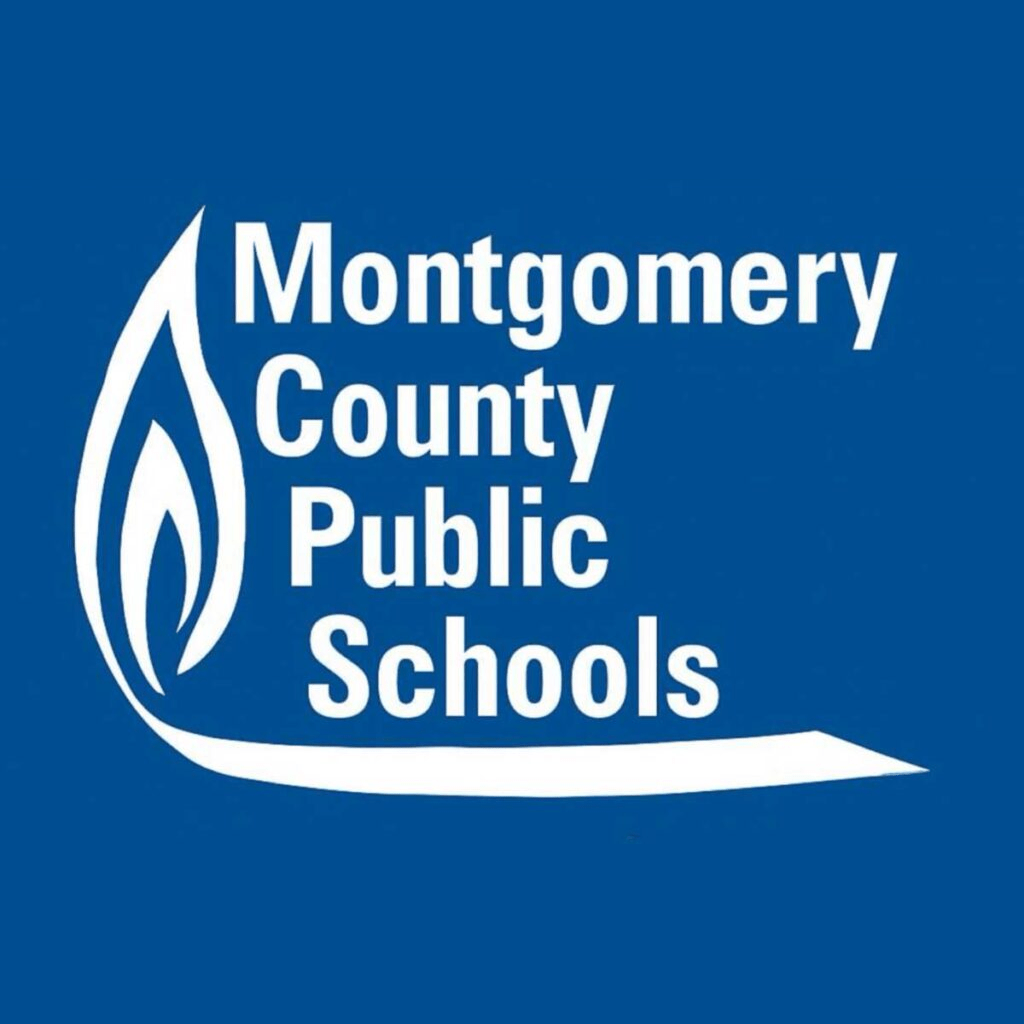
Montgomery County Public Schools Expands Engineering Pathways With e4usa
Montgomery County Public Schools (MCPS) has emerged as a statewide leader in engineering education by fully adopting e4usa as its foundational high school engineering pathway. What began as a search for a more engaging and authentic engineering experience for students has evolved into a districtwide movement focused on expanding opportunity, strengthening post-secondary readiness, and preparing students for the careers of tomorrow.
A Turning Point: A Curriculum That Meets Requirements and Inspires Students
Kelly Dunston, Coordinator of Technology Education and Engineering Programs for MCPS, recalls the moment the district first began exploring e4usa. When the Maryland State Department of Education approved e4usa as an option to meet Technology Education graduation requirements, his team saw a promising opening.
“Foundations of Technology met the requirement, but it wasn’t driving student engagement or authentic engineering problem-solving,” Dunston shared. “e4usa offered a hands-on, relevant, and compelling alternative that students and teachers had been waiting for.”
This combination — meeting graduation requirements while elevating student experience — became the foundation for MCPS’ decision to adopt e4usa districtwide.
Why Montgomery County Went “All In”
Two core reasons drove MCPS to fully adopt e4usa:
- Engineering for Every Student
“The philosophy that anyone and everyone can be an engineer demystifies the field,” Dunston said. “e4usa breaks down problem-solving so students can see themselves in engineering.”
- University-Driven Rigor
With roots in engineering colleges, the curriculum reflected what students must know to succeed beyond high school.
“It aligned perfectly with our goal of expanding opportunity while maintaining high standards,” he said.
A Full Engineering Pathway — Right Inside CTE
MCPS now offers all three e4usa courses — +Making, +Programming, and +Design — providing a complete, scalable engineering pathway.
“It’s a full CTE engineering sequence that prepares students for real careers,” Dunston noted.
Teachers Empowered, Not Overwhelmed
Professional development was a game-changer for teacher success.
“The PD and year-long support don’t just give teachers resources — they build confidence,” said Dunston.
Monthly office hours, coaching, and ongoing training ensure educators feel supported, regardless of their background.
The Power of Partnerships: Liaisons
The district has seen tremendous value in e4usa’s support systems — especially the liaison program, which pairs each teacher with a university or industry engineer.
“It brings real-world expertise directly into the classroom,” Dunston shared. “It bridges education, research, and workforce needs in a way that transforms instruction.”
Measuring Impact: Engagement, Confidence, and Pathways
MCPS looks at impact through:
- Enrollment and completion data
- Teacher feedback
- Performance on design challenges
- Post-secondary STEM and engineering pathways
But the most noticeable shift is cultural.
“Students see themselves as capable problem-solvers and engineers,” Dunston said. “They’re engaged, confident, and willing to take on complex challenges.”
Looking Ahead: AP Engineering, AI, and Robotics
MCPS plans to continue expanding the program to more schools and integrating emerging technologies.
“We’re excited about the proposed AP Engineering exam and e4usa’s alignment with it,” Dunston said. “We’re also looking ahead to AI and applied robotics so our students stay on the cutting edge.”
Advice to Other District Leaders
Dunston encourages others to start small — and then scale with intention.
“Pilot first. Invest in the PD. And don’t underestimate the power of the liaison program. The rigor is real — but so is the support.”
MCPS’s commitment to e4usa demonstrates what’s possible when a district believes every student deserves access to meaningful engineering learning — and provides the pathway to make it real.